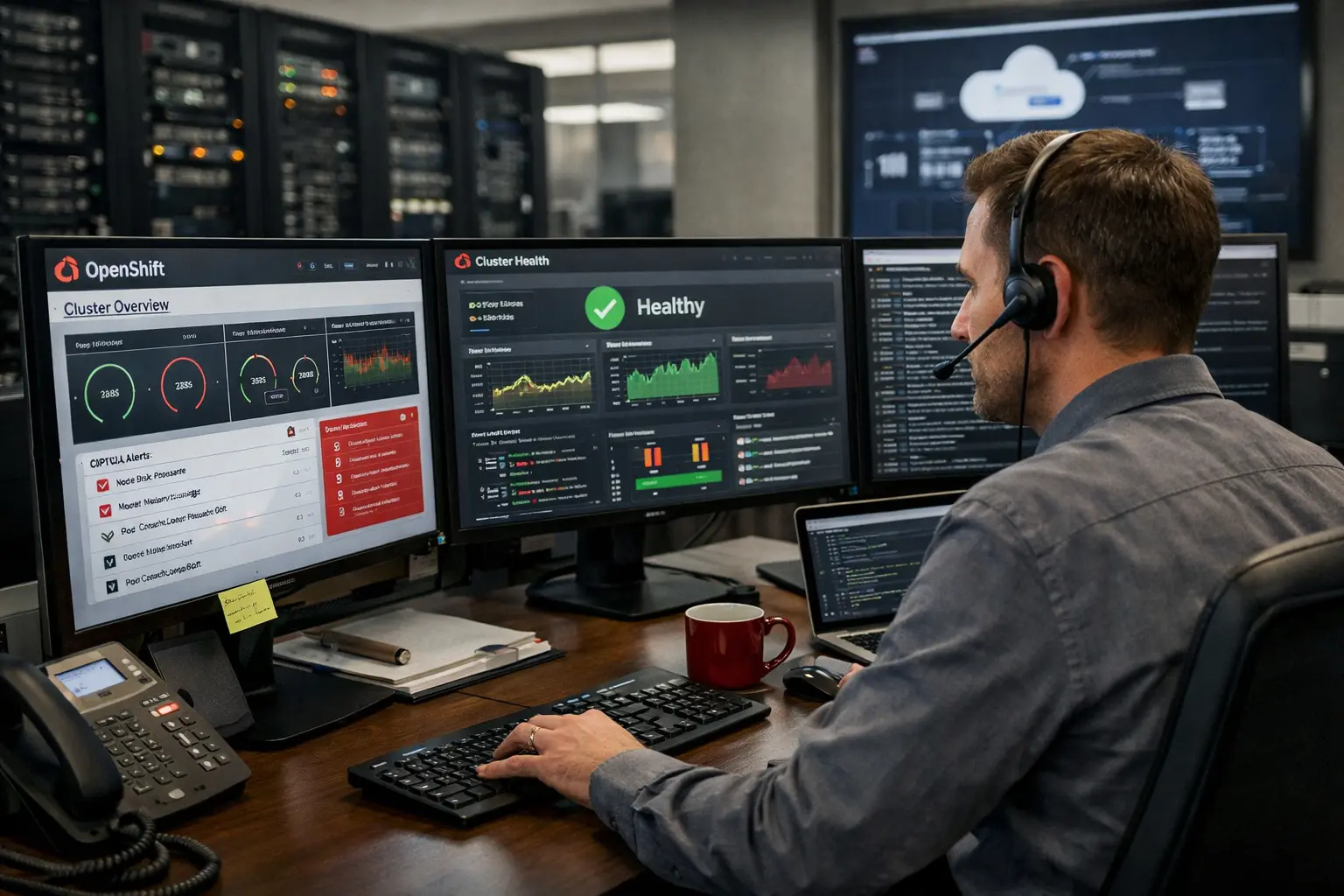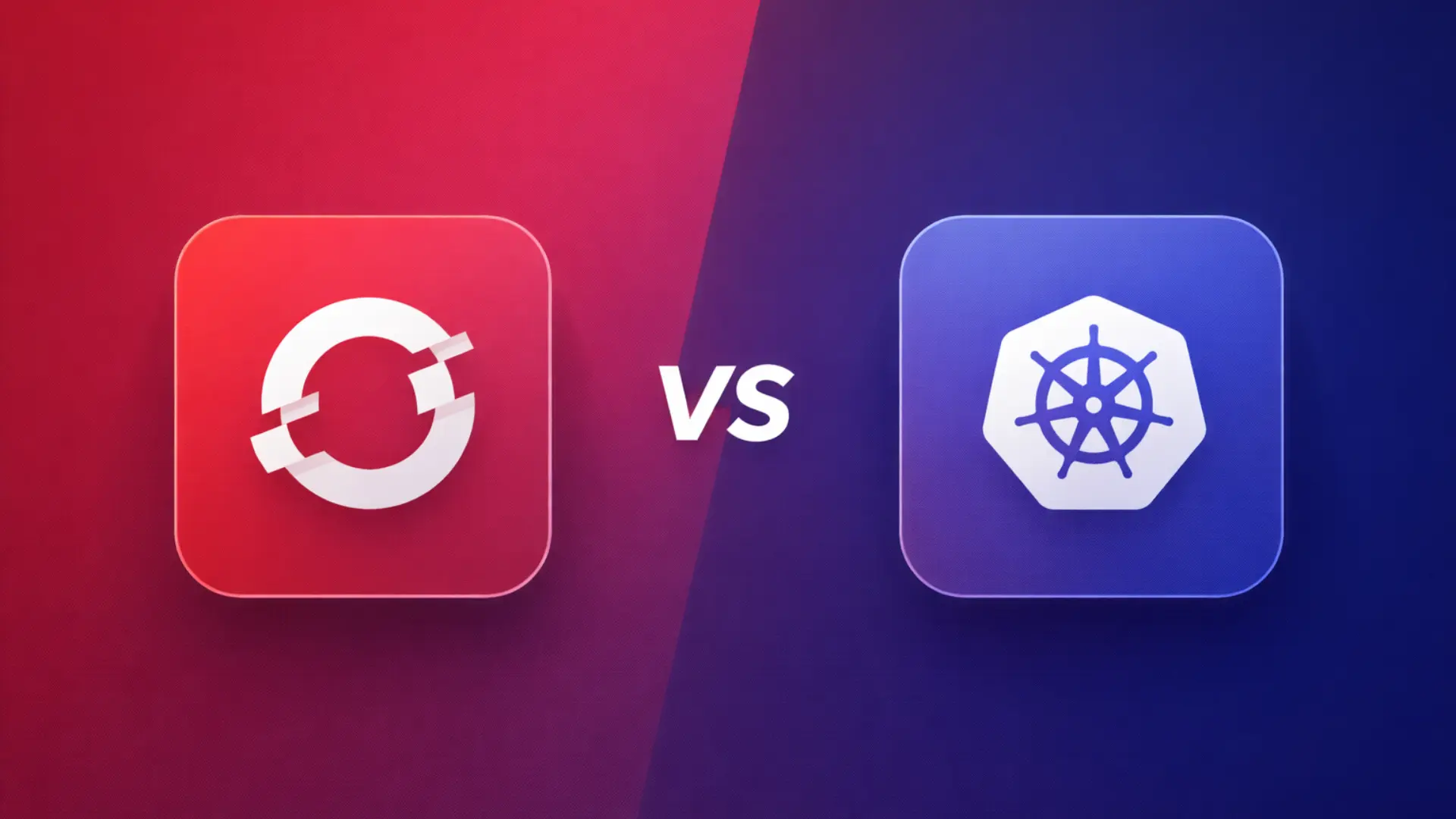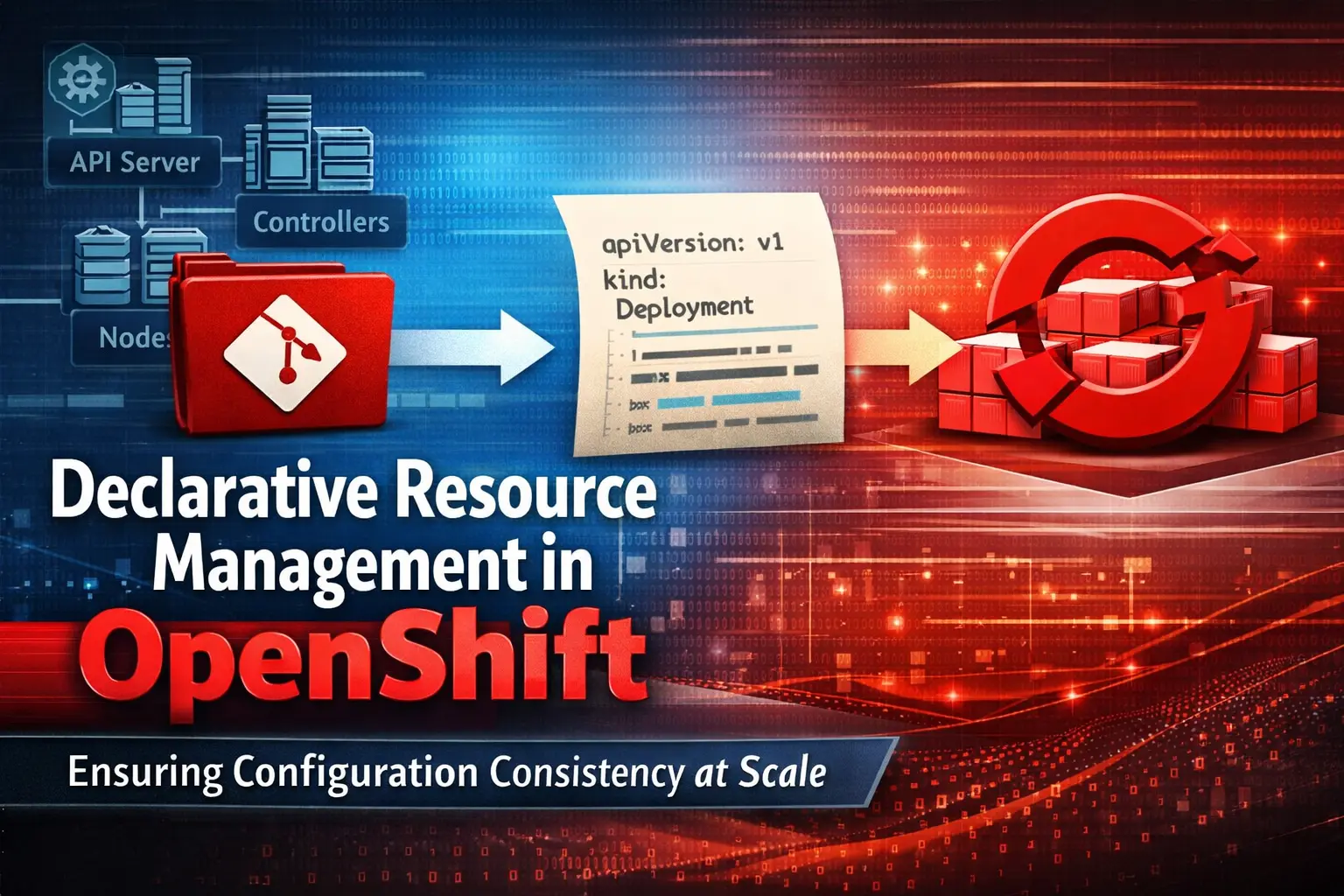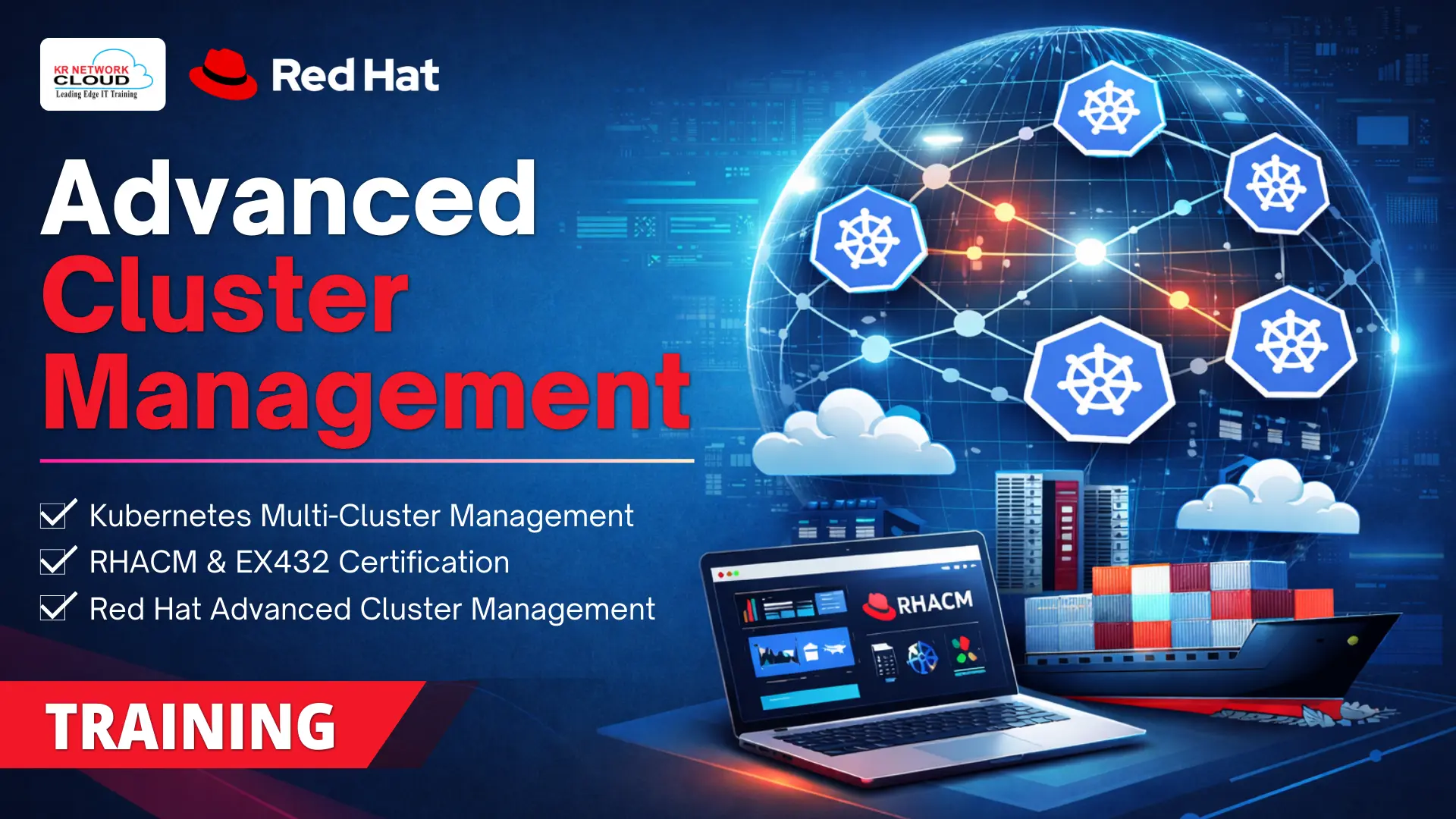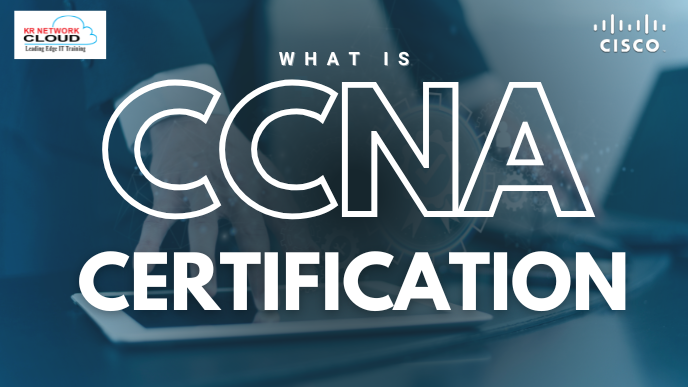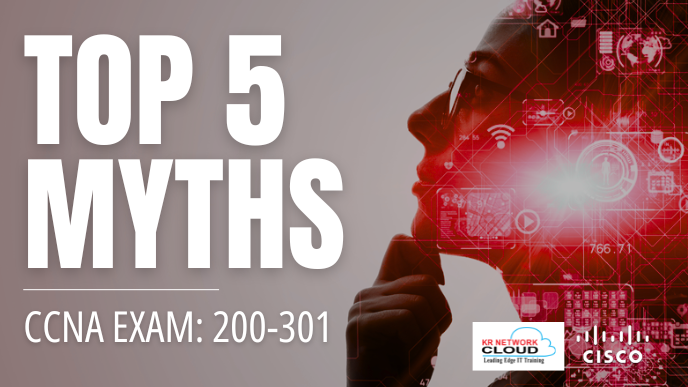RHCE Training in 2025: Your Roadmap to Red Hat Ansible Automation Excellence”
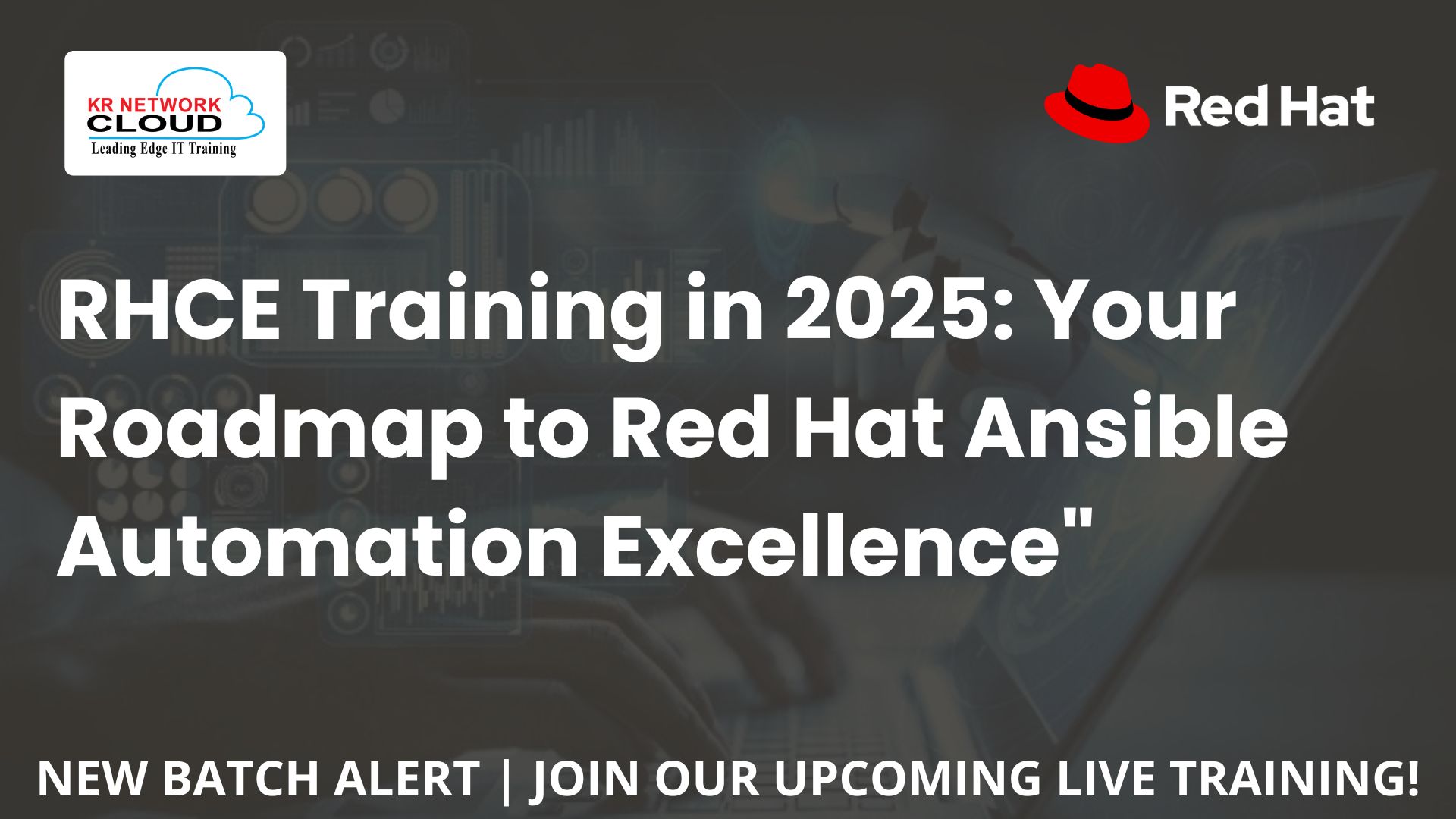
- KR NETWORK CLOUD
- August 13, 2025
In the rapidly evolving world of IT, automation is transforming how systems and networks are managed. For professionals aiming to excel, RHCE training in 2025 offers a clear path to mastering the Red Hat Ansible Automation Platform. The Red Hat Certified Engineer (RHCE) certification, specifically the EX294 exam, validates your ability to automate complex system administration tasks using Ansible, a powerful, agentless automation tool. Whether you’re a Linux administrator, DevOps engineer, or network professional, this 2500-word guide provides a comprehensive roadmap to RHCE training, Red Hat Ansible certification, Ansible network automation, and exam preparation.
This blog is tailored for beginners and experienced professionals alike, offering actionable strategies to master Ansible automation, leverage Ansible Tower, and prepare for the RHCE exam. With practical tips, tools, and insights, you’ll be equipped to boost your career and streamline IT operations. Let’s embark on your journey to Red Hat Ansible excellence in 2025!
Why RHCE Training Matters in 2025
RHCE training is more relevant than ever in 2025, as businesses increasingly rely on automation to manage complex infrastructures. The RHCE certification, focusing on Red Hat Ansible, equips you with skills to automate provisioning, configuration, and deployment across Linux, Windows, and network devices. According to industry data, organizations with Ansible automation report up to 50% faster deployments and a 25% increase in operational efficiency.
For those new to RHCE training, it bridges the gap between basic Linux administration and advanced automation expertise. For seasoned professionals, it ensures you stay competitive in a cloud-driven, containerized world. The certification is globally recognized, opening doors to roles like DevOps engineer, Linux administrator, and automation specialist. With the rise of Ansible network automation, RHCE skills are in high demand across industries.
This guide covers the essentials of RHCE training, including the Red Hat Ansible Automation Platform, Ansible Tower, and strategies for acing the RHCE exam (EX294). By the end, you’ll have a clear roadmap to certification success and practical automation skills.
Understanding the Red Hat Ansible Automation Platform
The Red Hat Ansible Automation Platform is a cornerstone of RHCE training. This agentless, open-source tool simplifies IT automation using YAML-based playbooks, which are easy to read and write. Key features include:
Agentless Design: No software installation is required on managed nodes, reducing complexity.
Scalability: Handles small-scale tasks to enterprise-wide deployments.
Idempotence: Ensures consistent results, preventing unintended changes during repeated runs.
In RHCE training, you’ll learn to use Ansible for tasks like software installation, user management, and network configuration. Ansible Tower, now integrated into the platform, provides a web-based interface for managing complex workflows, making it ideal for enterprise environments. Whether you’re automating a single server or a global network, Ansible’s flexibility is unmatched.
Core Components of RHCE Training
RHCE training for the EX294 exam focuses on Ansible automation and covers several key areas. Here’s what you’ll master:
1. Ansible Basics
Your RHCE training journey starts with Ansible fundamentals. You’ll set up a control node, create inventory files to define managed hosts, and run ad-hoc commands. For example, you might use the ansible command to install Nginx across multiple servers with a single command. Courses like Red Hat Enterprise Linux Automation with Ansible (RH294) provide hands-on labs to build these skills.
2. Writing Playbooks
Playbooks are the backbone of Ansible automation. In RHCE training, you’ll learn to write YAML playbooks to automate tasks like:
Configuring network services (e.g., DNS, NTP).
Managing users, groups, and permissions.
Deploying configuration files to hosts.
For instance, a playbook might automate the setup of a LAMP stack by installing Apache, MySQL, and PHP, then restarting services.
3. Variables and Facts
Dynamic automation is critical in RHCE training. You’ll use variables to create reusable playbooks and facts to gather system details (e.g., OS version, disk space). Ansible Vault secures sensitive data, such as passwords, ensuring compliance with enterprise standards.
4. Ansible Roles and Collections
Roles organize tasks into reusable structures, simplifying complex automation. RHCE training teaches you to create roles and use pre-built ones from Ansible Galaxy. Collections bundle modules, roles, and plugins for specific use cases, such as Ansible network automation, making your workflows more efficient.
5. Ansible Network Automation
A growing focus in RHCE training, Ansible network automation enables you to manage routers, switches, and firewalls. You’ll automate tasks like configuring VLANs or updating firewall rules on Cisco, Juniper, or Arista devices. The Red Hat Certified Specialist in Ansible Network Automation (EX457) complements RHCE, diving deeper into network-specific automation.
6. Troubleshooting and Optimization
RHCE training emphasizes debugging playbooks, handling task failures, and optimizing performance. You’ll learn to use tools like ansible-playbook –check to test configurations and ensure reliability in large-scale deployments.
Preparing for the RHCE Exam (EX294)
The RHCE exam (EX294) is a 4-hour, performance-based test that assesses your ability to use Ansible for system administration. Here’s how to excel in RHCE exam preparation:
Prerequisites
RHCSA Certification: You must hold a Red Hat Certified System Administrator (RHCSA) certification to pursue RHCE, ensuring foundational Linux skills.
RH294 Course: The Red Hat Enterprise Linux Automation with Ansible (RH294) course covers 90% of exam content, focusing on Ansible automation.
Exam Objectives
The EX294 tests skills like:
Installing and configuring Ansible control nodes.
Writing playbooks for system tasks (e.g., managing storage, services, SELinux).
Using roles and Ansible Content Collections.
Automating basic network configurations.
Troubleshooting Ansible deployments.
You’ll complete tasks on live RHEL systems, needing a score of 210/300 (70%) to pass.
Study Tips
Enroll in Official Training: Take RH294 or the Ansible Automation Platform Boot Camp (DO710) for structured, lab-intensive learning.
Practice Hands-On Labs: Platforms like DolfinED (111 lessons, 5.5 hours of video) or OSELabs (60+ labs, 45-day access) are ideal for hands-on practice.
Use Study Guides: “Mastering the Red Hat Certified Engineer (RHCE) Exam” by Luca Berton offers practical labs and exam strategies.
Master Documentation: The exam allows access to RHEL and Ansible documentation. Practice navigating man pages and Ansible docs efficiently.
Simulate Exam Conditions: Set up a lab environment using VirtualBox, AWS, or Red Hat’s OpenShift to mimic exam tasks.
Exam Day Tips
Arrive early to troubleshoot technical issues.
Read tasks carefully and prioritize based on point value.
Test configurations using dry runs (e.g., ansible-playbook –check).
Save your work frequently to avoid data loss.
Benefits of RHCE Training and Certification
Investing in RHCE training offers significant advantages:
Career Advancement: RHCE-certified professionals are sought after for roles like DevOps Engineer, Linux Administrator, and Automation Specialist, with competitive salaries.
Global Recognition: The RHCE is a respected credential, aligning with industry standards.
Operational Efficiency: Organizations report a 32% reduction in ticket remediation time and 15% better server utilization with RHCE skills.
Path to RHCA: RHCE is a stepping stone to the Red Hat Certified Architect (RHCA), a prestigious advanced certification.
Ansible Tower: Elevating Enterprise Automation
Ansible Tower, part of the Red Hat Ansible Automation Platform, enhances RHCE training by providing a centralized interface for automation workflows. Key features include:
Role-based access control for team collaboration.
Scheduling and monitoring of playbooks.
Integration with enterprise tools like ServiceNow and Jenkins.
In RHCE training, you’ll use Ansible Tower for tasks like zero-downtime updates and cloud-scale automation. The Red Hat Certified Specialist in Managing Automation with Ansible Automation Platform (EX467) exam further validates these skills.
Ansible Network Automation: A Strategic Focus
Ansible network automation is a critical component of RHCE training, especially for network engineers. Ansible automates:
Configuration of network devices (e.g., Cisco IOS, Juniper Junos).
Network monitoring and compliance checks.
Security policy enforcement across firewalls.
For example, a playbook might configure BGP on multiple routers, saving hours of manual work. The EX457 exam, Red Hat Certified Specialist in Ansible Network Automation, complements RHCE training by focusing on network-specific tasks.
Recommended Resources for RHCE Training
To succeed in RHCE training, leverage these resources:
Official Red Hat Courses: RH294, DO374 (Developing Advanced Automation with Red Hat Ansible), and DO467 (Managing Automation with Ansible) offer lab-intensive training.
Books: “Red Hat Certified Engineer (RHCE) Ansible Automation Study Guide” by Alex Soto Bueno and Andrew Block covers 90% of exam topics.
Online Platforms: DolfinED provides 111 lessons and 5.5 hours of video, while OSELabs offers 60+ labs with 45-day access.
Free Resources: Red Hat’s Ansible Basics course (DO007) is a great starting point for beginners.
Communities: Engage with peers on Reddit’s r/ansible or Red Hat’s Connect platform.
Common Mistakes in RHCE Training and How to Avoid Them
Beginners in RHCE training often face challenges. Here’s how to avoid them:
Skipping RHCSA: Ensure you have foundational Linux skills before starting.
Lack of Hands-On Practice: Use labs to build practical experience, as theory alone isn’t enough.
Ignoring Documentation: Practice navigating Ansible and RHEL docs, as they’re available during the exam.
Poor Time Management: Simulate exam conditions to prioritize tasks effectively.
Overlooking Network Automation: Embrace Ansible network automation, as it’s increasingly tested.
Practical Example: Writing an Ansible Playbook
To illustrate RHCE training concepts, here’s a sample playbook to install and configure an Apache web server:
---
- name: Install and configure Apache web server
hosts: webservers
become: yes
tasks:
- name: Install Apache
yum:
name: httpd
state: present
- name: Start and enable Apache service
service:
name: httpd
state: started
enabled: yes
- name: Copy index.html
copy:
src: /local/path/index.html
dest: /var/www/html/index.html
mode: '0644'
- name: Open firewall port
firewalld:
service: http
permanent: yes
state: enabled
notify: Reload firewalld
handlers:
- name: Reload firewalld
service:
name: firewalld
state: reloadedThis playbook demonstrates tasks, privilege escalation (become), and handlers—core skills in RHCE training.
Conclusion: Launch Your RHCE Training Journey in 2025
RHCE training in 2025 is your gateway to mastering Red Hat Ansible Automation and advancing your IT career. By learning Ansible playbooks, Ansible network automation, and Ansible Tower, you’ll gain skills that are in high demand. With focused RHCE exam preparation, you can earn the prestigious RHCE certification and unlock opportunities in DevOps, system administration, and beyond.
Start today: enroll in RH294, practice with hands-on labs, and engage with the Ansible community. Have questions about RHCE training or need study tips? Share them in the comments, and let’s automate the future together!
Watch Now: Click Here
FAQs
1. What is RHCE training, and who is it for?
RHCE training prepares IT professionals for the Red Hat Certified Engineer (RHCE) certification, focusing on automating system administration tasks using the Red Hat Ansible Automation Platform. It’s ideal for Linux administrators, DevOps engineers, network professionals, and anyone looking to master Ansible automation for managing servers, applications, or networks. Whether you’re a beginner with RHCSA certification or an experienced IT pro, RHCE training equips you with in-demand automation skills.
2. What does the RHCE exam (EX294) cover?
The RHCE exam (EX294) is a 4-hour, performance-based test that evaluates your ability to use Ansible automation for system administration. Key topics include:
- Installing and configuring Ansible control nodes.
- Writing and running YAML playbooks for tasks like managing users, services, and storage.
- Using Ansible roles and Content Collections.
- Implementing basic Ansible network automation.
- Troubleshooting Ansible deployments. You need a score of 210/300 (70%) to pass, and RHCE exam preparation requires hands-on practice with RHEL systems.
3. What are the prerequisites for RHCE training?
To pursue RHCE training and the EX294 exam, you must hold a Red Hat Certified System Administrator (RHCSA) certification or have equivalent Linux administration skills. Familiarity with basic Linux commands, file systems, and networking is essential. While prior Ansible experience is helpful, courses like Red Hat Enterprise Linux Automation with Ansible (RH294) cover the basics for beginners.
4. How does the Red Hat Ansible Automation Platform work?
The Red Hat Ansible Automation Platform is an agentless automation tool that uses YAML-based playbooks to manage IT tasks across Linux, Windows, and network devices. Its key features include scalability, idempotence, and a simple, human-readable syntax. In RHCE training, you’ll use Ansible to automate tasks like software installation, configuration management, and Ansible network automation, with tools like Ansible Tower for enterprise-grade workflows.
5. What is Ansible Tower, and how does it relate to RHCE training?
Ansible Tower, now part of the Red Hat Ansible Automation Platform, is a web-based interface for managing Ansible workflows. It supports scheduling, role-based access control, and monitoring, making it ideal for enterprise automation. In RHCE training, you’ll learn to use Ansible Tower for complex deployments, such as zero-downtime updates. The Red Hat Certified Specialist in Managing Automation with Ansible Automation Platform (EX467) exam further validates these skills.
6. How can I prepare for the RHCE exam (EX294)?
Effective RHCE exam preparation includes:
- Enroll in RH294: The Red Hat Enterprise Linux Automation with Ansible course covers 90% of exam content.
- Practice Hands-On Labs: Use platforms like DolfinED or OSELabs for 60+ labs on playbooks and Ansible network automation.
- Study Guides: Books like “Mastering the Red Hat Certified Engineer (RHCE) Exam” by Luca Berton offer practical tips.
- Use Documentation: Practice navigating RHEL and Ansible docs, as they’re accessible during the exam.
- Simulate Exam Conditions: Set up a lab with VirtualBox or AWS to mimic real exam tasks.
7. What is Ansible network automation, and why is it important?
Ansible network automation involves using Ansible to manage network devices like routers, switches, and firewalls. It automates tasks such as configuring VLANs, updating firewall rules, or monitoring network performance. In RHCE training, you’ll learn to write playbooks for devices from vendors like Cisco and Juniper. The Red Hat Certified Specialist in Ansible Network Automation (EX457) complements RHCE, focusing on network-specific automation.
8. How long does it take to complete RHCE training?
The duration of RHCE training depends on your experience and study pace. Official courses like RH294 typically take 4-5 days (in-person or virtual). Self-paced online courses may take 1-2 months with 10-15 hours of weekly study. Including RHCE exam preparation and hands-on labs, most candidates need 2-4 months to prepare for the EX294 exam, assuming RHCSA certification is already earned.
9. What are the benefits of earning an RHCE certification?
Earning an RHCE certification through RHCE training offers:
- Career Growth: Qualifies you for roles like DevOps Engineer, Linux Administrator, or Automation Specialist with competitive salaries.
- Industry Recognition: RHCE is globally respected, showcasing expertise in Ansible automation.
- Efficiency Gains: Organizations report 32% faster issue resolution and 15% better server utilization with RHCE skills.
- Path to RHCA: RHCE is a stepping stone to the Red Hat Certified Architect (RHCA) certification

